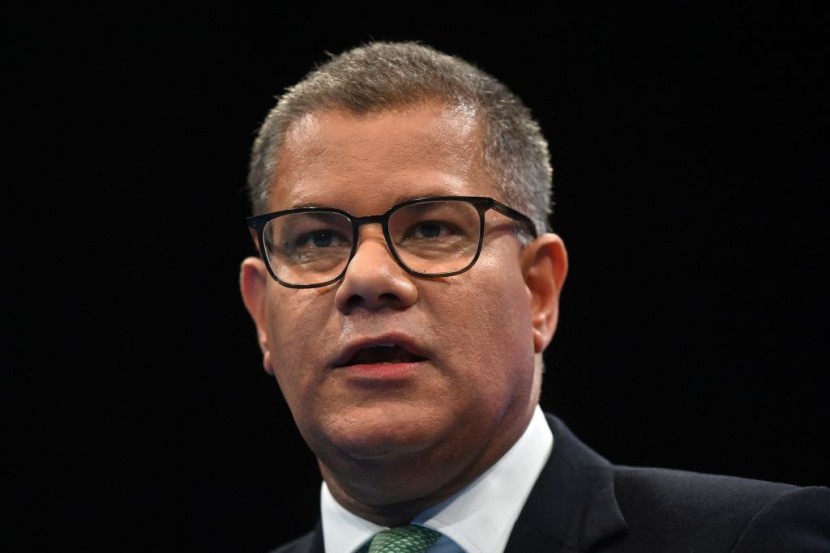
Shortly before climate talks begin in Glasgow, diplomats from Canada and Germany announced in a joint statement on Monday that they expected significant progress regarding the $100 billion goal in 2022, saying it would be met in 2023.
The statement comes as the funds may not be enough to ease rising tensions and distrust at the Glasgow talks. The climate policy coordinator at ActionAid International, Teresa Anderson, said that making good on a promise that was made more than a decade ago was not something to be proud of during the 26 sessions of the Conference of Parties, also known as COP26.
$100 Billion Climate Change Fund
Around the world, more and more poor and middle-income countries have been struggling to meet emission thresholds for planet-warming greenhouse gases. They argued that the difficulty of complying with the objectives came from the fact that rich nations were not able to keep their $100 billion promise.
Many also argued that a yearly $100 billion fund was not enough to tackle the severity of the damages caused by climate disruptions, let alone support energy systems of poor countries that heavily rely on fossil fuels, the New York Times reported.
The blueprint that was issued on Monday said that well-developed countries would prioritize handing out grants as part of the massive funding rather than loans. It remained unclear, however, how countries planned to make up for the missing funds for 2020 and 2021.
The UK official who will chair the Glasgow talks, Alok Sharma, said that the financial goal was certainly missed in 2020. The official added that many developing countries were outraged by the failure to meet the pledge that was first made in 2009 and reaffirmed in 2015.
But Sharma, who is expected to receive criticisms from poor nations who would have greatly benefited from the funding, pointed to an anticipated rise in financial aid outside of the agreed threshold in the next few years, PBS reported.
Threat of Climate Change
The failure to meet the financial goal comes as nations discuss a deal that calls for nations to keep global warming well below two degrees centigrade by the end of the century. The numbers are compared to the time in the preindustrial era when officials strived to limit warming to 1.5 degrees.
Last month, a United Nations report found that emissions-reduction plans that were submitted under the Paris deal made in 2015 would limit warming to around 2.7 degrees. While Sharma said it was "extremely unfortunate" that the funding goal was not reached, he was confident that half a trillion dollars could be raised by developed nations to support poor countries by 2025.
Western countries that have been the major contributors to the bulk of greenhouse-gas emissions that have worsened climate change worldwide have pledged to provide financial support to poorer nations that have struggled to shrug off global warming.
The money was supposed to help underdeveloped nations to conduct a global energy transition that is expected to be very expensive. "What we have tried to do here is give confidence about what will come in future years, '' Sharma said, the Wall Street Journal reported.
Related Article:








